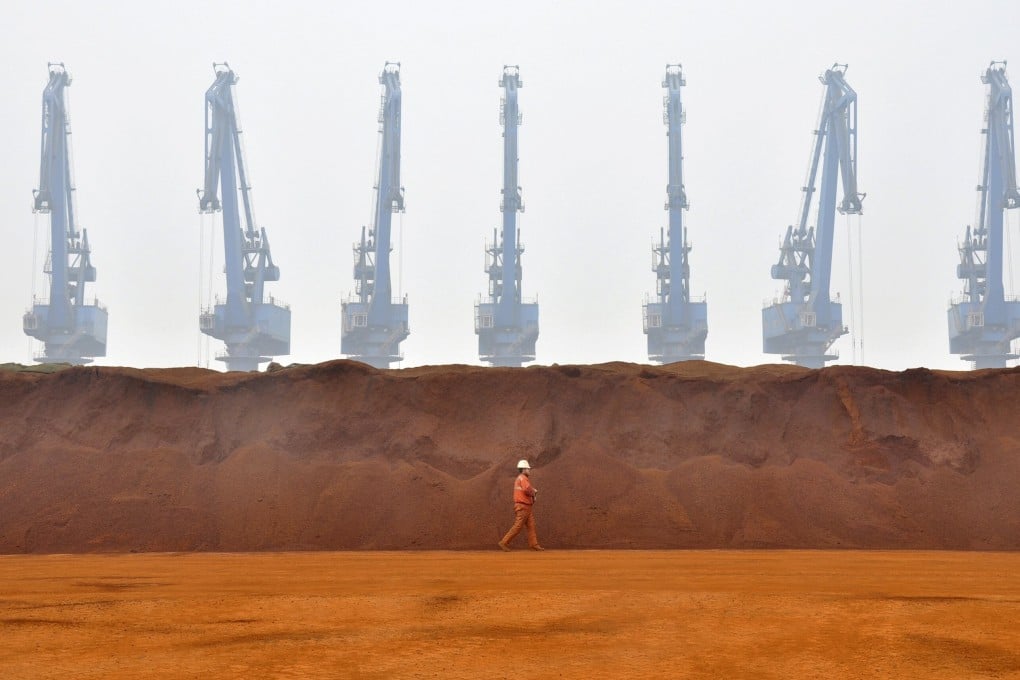China-Australia relations: high iron ore prices may correct on slowing demand, but derivative trading could still keep prices up, analysts say
- Chinese government-backed consultancy projects a slowdown in China’s steel production next year, resulting in declining demand for iron ore
- A factor unrelated to the fundamental supply and demand of iron ore lies in the aggressive trading of iron ore futures

High iron ore prices are due for a correction in the coming year as Chinese demand for the steelmaking ingredient is expected to ease, though aggressive speculation through iron ore derivative trading could thwart that outcome, according to analysts.
In the short term, despite its trade conflict with China, Australia has seen a small “mining boom” impact on the economy as a result of the high iron ore prices.
However, it warned that the trade conflict had also introduced fear into the market, raising worries that China could also clamp down on Australian iron ore imports, pushing up the market price.
The bottom line is that China’s trade war with Australia is making [Australia] money rather than losing it
“Markets are still worried that China may do something. So they’ve responded by nervously bidding up [iron ore] prices in fear of exactly that,” the note said. “This ‘fear tax’ isn’t the only thing driving up prices – markets are also worried that heavy rain may constrict supply out of Brazil, while very low interest rates and a falling US dollar are pumping up pricing, too.”